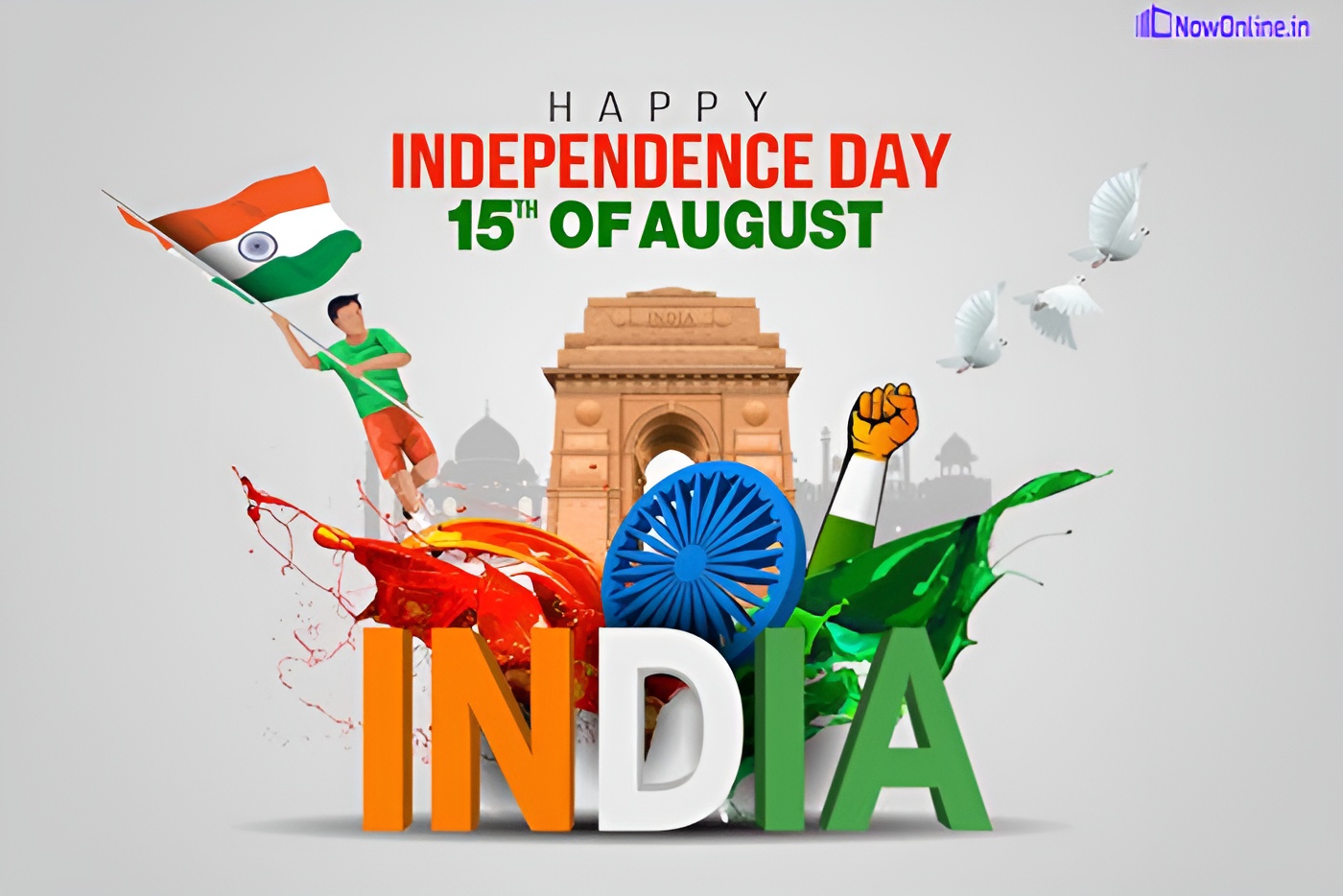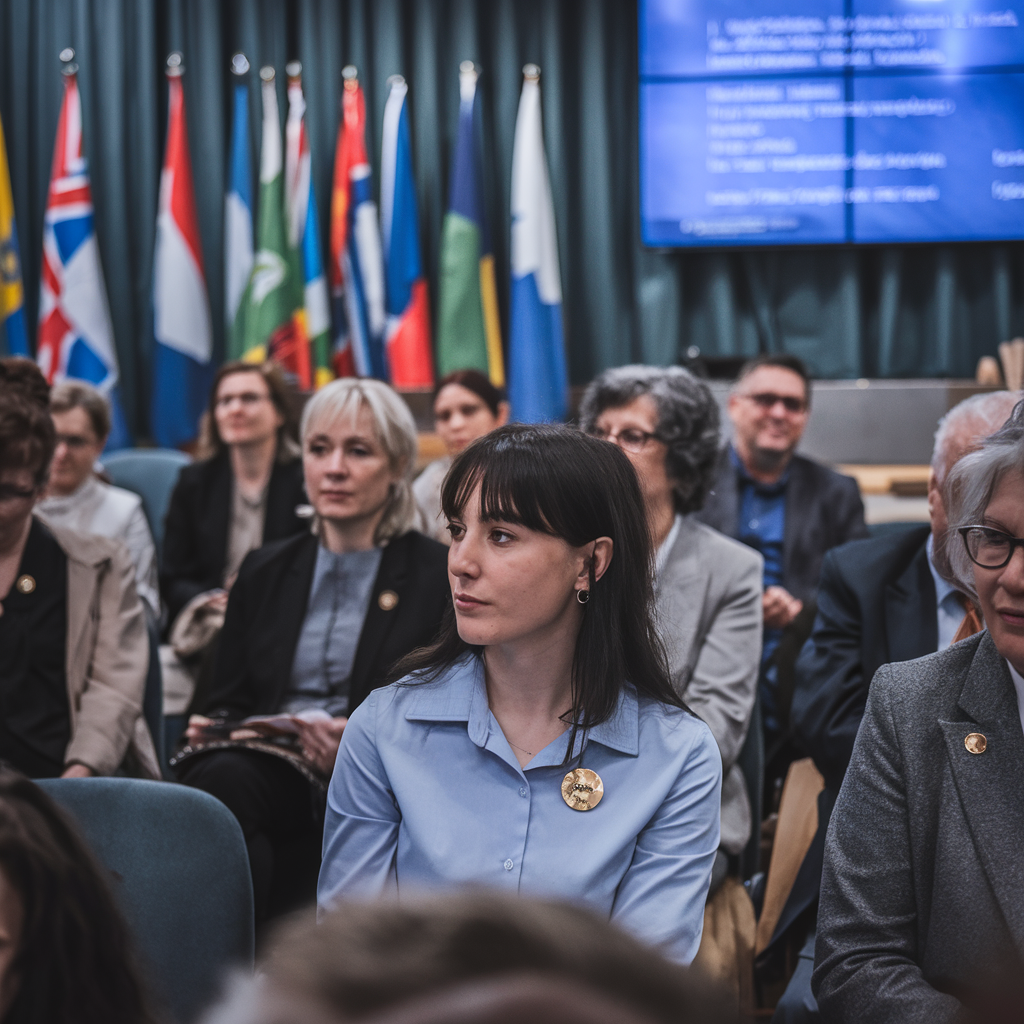Introduction
Canada has long been a top destination for international students, offering high-quality education and a welcoming environment. However, recent changes in visa and work permit policies have raised concerns among prospective and current students. This article explores these new policies, their implications, and what students need to know to navigate the evolving landscape of studying and working in Canada.
Canada’s Immigration and Visa Policies: A Brief Overview
Historically, Canada’s immigration policies have been shaped by a commitment to diversity and multiculturalism. The country has actively sought to attract international talent, including students, to contribute to its economy and cultural fabric. Over the years, Canada has developed various programs to facilitate the entry of international students, offering them pathways to work and, eventually, permanent residency.
In recent years, the number of international students in Canada has surged, reflecting global recognition of Canadian education and the country’s reputation as a safe and inclusive place to live. This influx has prompted the government to reassess its immigration policies, balancing the benefits of attracting international talent with the need to manage the country’s resources and infrastructure.
Recent Changes to Canada’s Visa and Work Permit Policies
In 2024, the Canadian government introduced several significant changes to its visa and work permit policies for international students. One of the most notable changes is the restriction on post-graduate work permits (PGWPs) at the port of entry. Previously, international students could apply for PGWPs upon completing their studies, providing them with a valuable opportunity to gain work experience in Canada. The new policy limits this option, requiring students to apply for PGWPs before entering the country or from within Canada under specific conditions.
Another major change is the tightening of long-term visa applications and approvals. The government has introduced stricter criteria for long-term visas, reflecting a broader strategy to manage immigration more carefully. This move has been driven by concerns about the capacity of Canada’s infrastructure and social services to accommodate a growing population.
These policy changes have been met with mixed reactions. While some argue that they are necessary to manage immigration levels, others believe they may deter talented individuals from choosing Canada as their study destination. The government has emphasized that these measures are not intended to be “less welcoming” but rather to ensure a sustainable immigration system that benefits both newcomers and the Canadian population.
Impact of New Policies on International Students
The recent policy changes have several implications for international students in Canada. One of the most immediate effects is the limitation on obtaining PGWPs at the port of entry. This change means that students must plan their post-graduation careers more carefully, considering the timing and location of their work permit applications.
The tightening of long-term visa applications also affects students’ ability to stay in Canada after completing their studies. With stricter criteria in place, students may face additional challenges in securing long-term residency, potentially impacting their career and personal plans.
Overall, these changes require international students to be more proactive and informed about the immigration process. It is essential for students to stay updated on the latest policies and seek guidance from immigration consultants or legal experts to navigate the system successfully.
Eligibility Criteria for Canadian Work Permits in 2024
The eligibility criteria for work permits in Canada have also undergone changes in 2024. The new rules outline specific requirements for different types of work permits, ensuring that applicants meet certain qualifications and conditions.
For instance, to be eligible for a PGWP, students must have completed a program of study at a designated learning institution (DLI) in Canada. The program must be at least eight months long, and students must have maintained full-time status during their studies. Additionally, the application for a PGWP must be submitted within 180 days of receiving final grades.
The criteria for open work permits and employer-specific work permits also vary. Open work permits, which allow individuals to work for any employer in Canada, may be available to students’ spouses or common-law partners. Employer-specific work permits, on the other hand, require a job offer from a Canadian employer and may involve a labor market impact assessment (LMIA) process.
These criteria highlight the importance of understanding the specific requirements for each type of work permit. Students should carefully review the eligibility conditions and ensure they meet all necessary criteria before applying.
Application Process for Student Work Permits
Applying for a work permit in Canada involves several steps and requires careful attention to detail. Here is a step-by-step guide to help international students navigate the application process:
Determine Eligibility: Before applying, ensure you meet the eligibility criteria for the specific work permit you are seeking.
Gather Required Documents: Commonly required documents include a valid passport, proof of student status, transcripts or proof of completion of studies, and a letter of acceptance from a Canadian employer (if applicable).
Submit the Application: Work permit applications can typically be submitted online through the Immigration, Refugees, and Citizenship Canada (IRCC) portal. Ensure that all information is accurate and complete to avoid delays.
Pay the Application Fee: A fee is usually required for processing the application. This fee may vary depending on the type of work permit.
Wait for Processing: Processing times can vary based on the type of permit and the applicant’s country of origin. It is advisable to apply well in advance of the intended start date of employment.
Receive Decision and Permit: If approved, you will receive a letter of introduction and the actual work permit. Ensure you have this documentation when you enter Canada.
Types of Work Permits Available to International Students
Canada offers several types of work permits to international students, each serving different purposes and offering varying degrees of flexibility:
Open Work Permits: These permits allow holders to work for any employer in Canada. They are often granted to the spouses or common-law partners of international students.
Employer-Specific Work Permits: These permits are tied to a specific employer and job offer. They require the employer to obtain an LMIA, demonstrating that hiring a foreign worker will not negatively impact the Canadian labor market.
Co-op Work Permits: These permits are for students enrolled in programs that require work experience as part of the curriculum. They allow students to work in positions related to their field of study.
Post-Graduation Work Permits (PGWPs): PGWPs allow international students who have completed their studies in Canada to work in the country for up to three years, depending on the length of their program.
Each type of permit has its own set of rules and conditions, making it essential for students to understand the distinctions and requirements for each.
The Role of Canadian Education Institutions
Canadian educational institutions play a crucial role in supporting international students through the visa and work permit process. Many universities and colleges offer dedicated services to assist students in understanding and navigating immigration requirements.
These institutions often provide resources such as immigration workshops, one-on-one consultations with immigration advisors,






